Each year World Bee Day is celebrated on the 20th May. On this day Anton Janša, the pioneer of beekeeping, was born in 1734.

Bees are essential for food security and human survival
The main purpose of World Bee Day events is to spread awareness of the significance of bees and other pollinators for our survival. Beekeepers and nature conservationists are united in encouraging improved conditions for bees to build pollination security and to safeguard our food security. World Bee Day is an excellent opportunity to put bees at the centre of the national conversation for 24 hours, and encourage actions that create more bee-friendly environments.
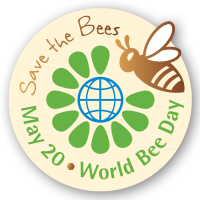
World Bee Day was created to highlight the importance of bees and encourage actions that create more bee-friendly environments
Why are bees important for food security?
Bees are critical to food security as they help to pollinate most of the crops we eat. Nearly two-thirds of Australia's agricultural production benefits from bee pollination. Without bees our food security is at risk. Bee populations are under threat due to destruction of their natural habitat and the rise of intensive farming practices which often involve the use of chemicals that are harmful to bees.
Why are bees important for biodiversity?
Australia is home to over 2000 species of native bees which have evolved alongside our native flora over thousands of years. Some species of plant can only be pollinated by a particular species of bee, so if the bee species disappears, so does the plant.
Why are bees important for the health of our ecosystems?
Bees are the cornerstone in preserving ecosystem health. When biodiversity is negatively impacted by the decline in bees, this has a knock on effect on other essential ecosystem services including the regulation of climate, purification of air and water, and the building of soil and nutrients. Without bees, whole ecosystems are at risk.
Why is beeswax so useful in an eco-friendly home?
Supporting local beekeepers who make ethical beeswax products is a great way of supporting bees. Beeswax contains a mixture of plant wax, pollen and a secretion from the gland on the underside of the bee. Beeswax is non toxic and provides a natural alternative in many settings in the home.
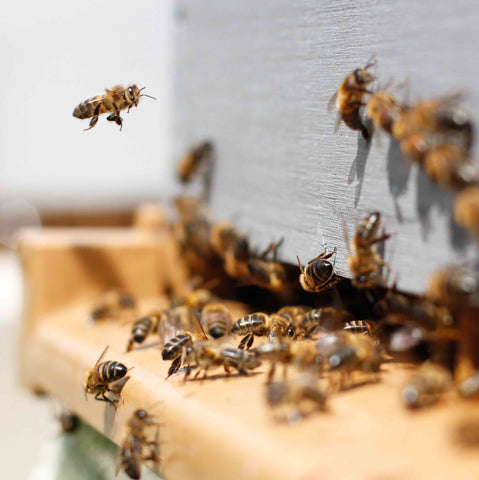
Supporting beekeepers who produce ethical beeswax is important for protecting bees
Beeswax wraps are a popular eco friendly alternative to single use plastics like Glad wrap, and are ideal for wrapping up cheese, fruit, vegetables and bread to preserve freshness. They are reusable, washable and compostable, and can be refreshed with a beeswax block to prolong their useful life.
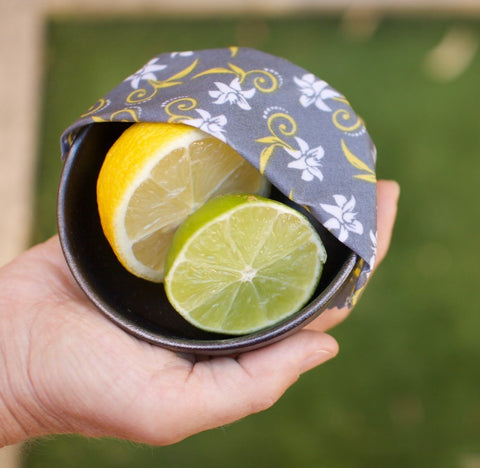
Beeswax wraps can be used to keep fruits and vegies fresh for longer
Beeswax candles have a higher melting point than all known waxes which gives a burning time up to five times longer than alternative candles. Beeswax birthday candles can be used over and over again, and do not drip toxic wax onto cakes.

Beeswax candles have a longer burn time and do not drop toxic wax onto your cake
Beeswax is used as an ingredient in many natural moisturisers and personal care products such as lip balm. Beeswax acts as a protective, breathable layer on the skin's surface, helping to lock in moisture for soft, supple, hydrated skin and lips.
Beeswax products also act as a natural barrier, protecting the skin from environmental damage from pollutants such as traffic emissions and cigarette smoke.
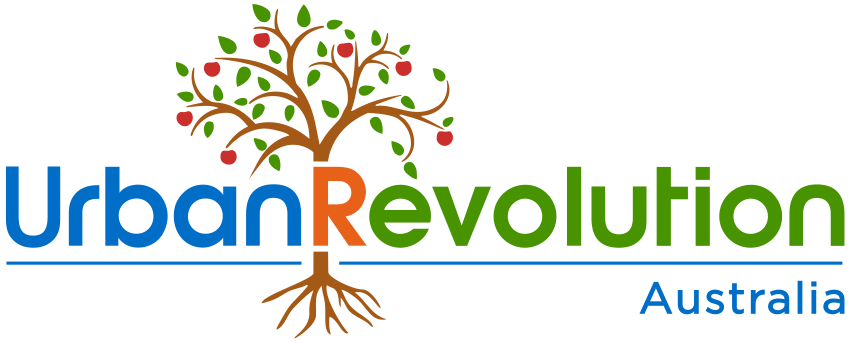
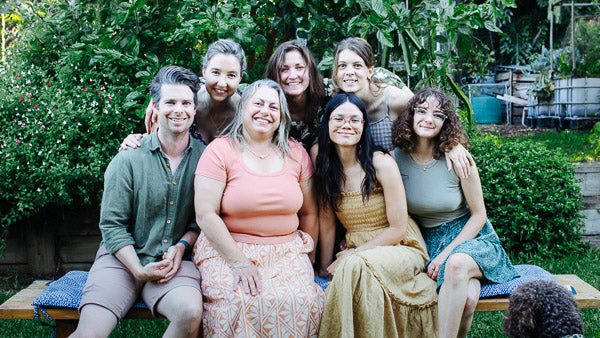
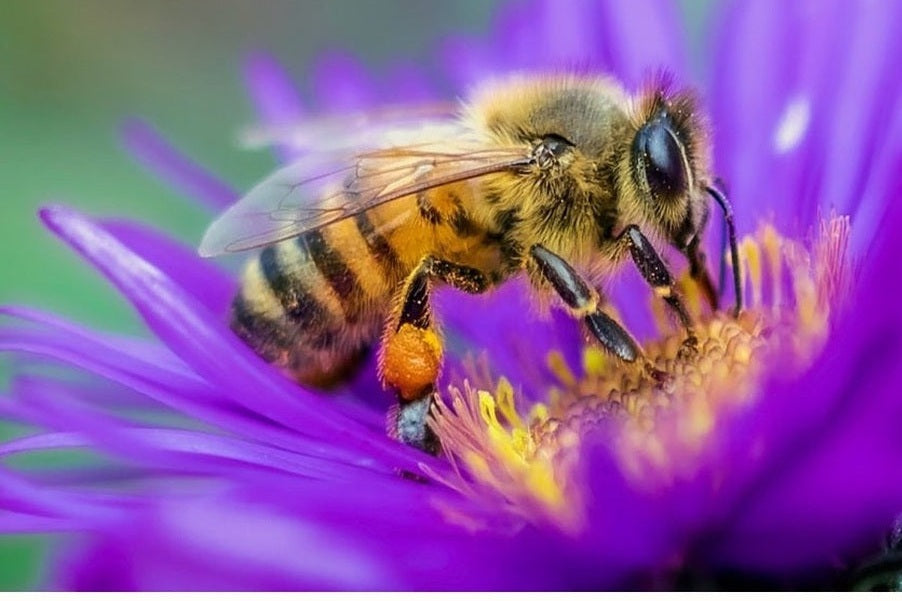
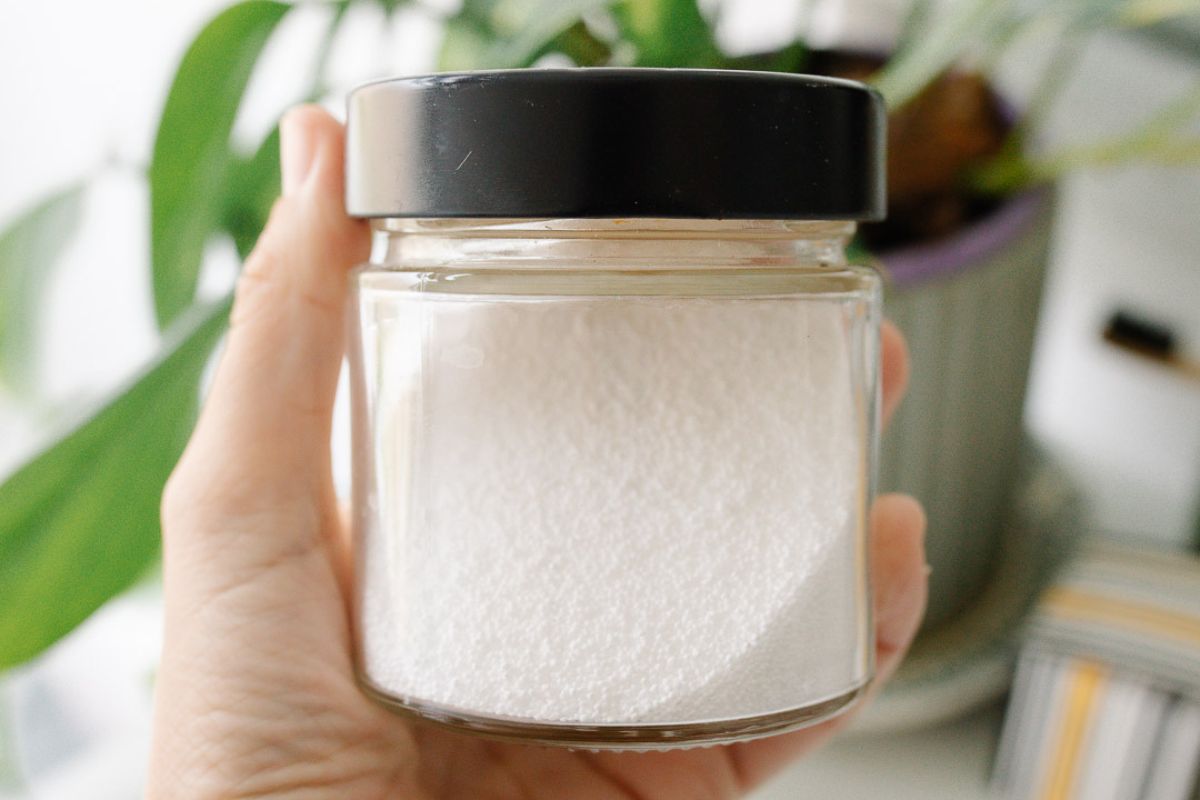
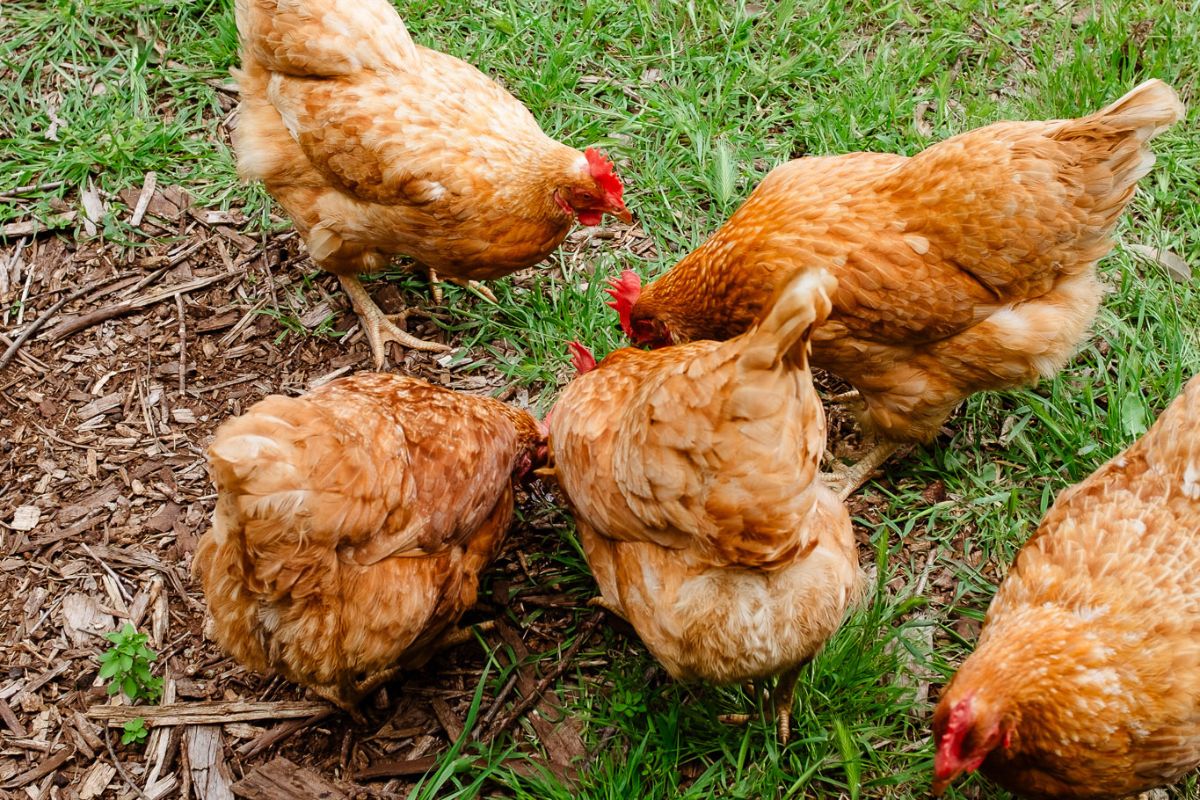
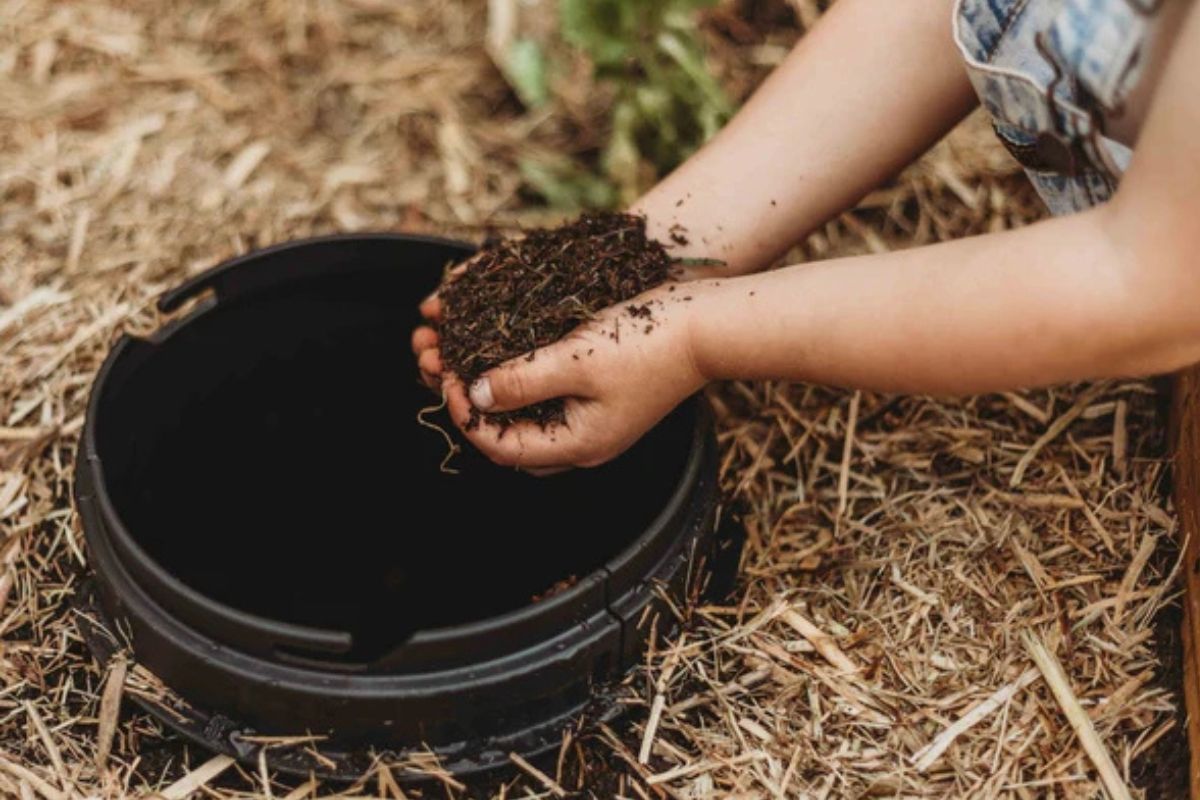
Leave a comment (all fields required)